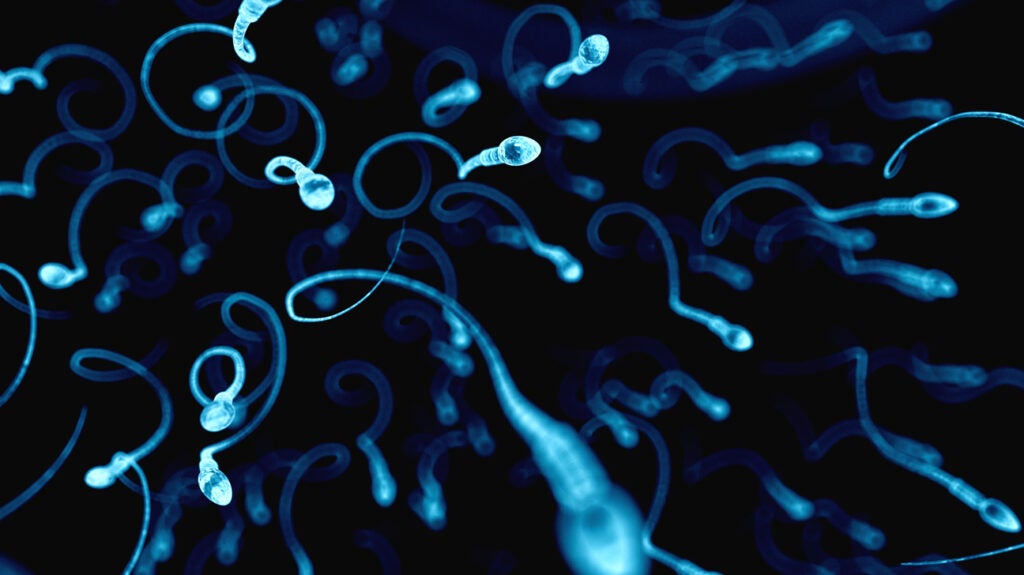What happens in the body when we are in deep sleep?
Sleep is as necessary as nutritious food and pure water. Why do people feel sleepy? Why is it necessary to sleep? To know these mysteries, another important question is necessary, ‘What happens in our body when we are in deep sleep?’
Why do we feel sleepy?
Sleep also has stages. It is mainly divided into two parts. The first is rapid eye movement. The second is non-rapid eye movement. Apart from this, there are three more stages, which are called N-1, N-2 and N-3.
Out of these, N-3 is the deep sleep stage. It is also called wave sleep. We usually enter this stage within the first two hours of sleep. That is, we reach deep sleep. This is repeated in short periods throughout the night.
During this stage, i.e. deep sleep, the brain produces delta waves. This wave slows down brain activity and puts the body into a deep state of rest. It is very difficult to wake people up in this state. Even if they wake up, they often feel confused or unfocused.
Processes that occur in the body during deep sleep
During deep sleep, the body carries out various physical processes that play an important role in maintaining health and functionality.
1. Cell repair and growth
During deep sleep, the body repairs and regenerates cells. During this period, the production of growth hormone is high. Especially in children and adolescents. This hormone helps in the growth and repair of muscles, bones and other cells. In adults, this hormone also plays an important role in healing injuries, strengthening muscles and repairing cells.
During this time, the body also accelerates protein synthesis, which helps in regenerating damaged cells and building new cells.
2. Increases immunity
During deep sleep, the immune system is strengthened. During this time, the body produces proteins like cytokines, which are necessary to fight infection. Lack of sleep weakens the immune system.
Sleep promotes the activity of T-cells and other immune cells. These cells destroy viruses and bacteria that enter the body. Vaccines are also more effective in people who get enough sleep.
3. Brain cleansing and memory
During deep sleep, the brain cleanses itself and strengthens memory. In this process, it removes toxins and waste from the brain. Deep sleep also helps in increasing memory. The things learned throughout the day are organized in the brain and converted into long-term memory. This process is driven by the interaction between the hippocampus and the neocortex.
4. Energy storage and digestion
During deep sleep, the body's digestive rate decreases, which conserves energy. Heart rate, breathing, and body temperature decrease, which allows the body to rest. During this period, the body controls glucose utilization and improves insulin sensitivity, which reduces the risk of diabetes.
Sleep also controls levels of stress hormones such as cortisol. If sleep is lacking, cortisol levels increase, which increases the risk of stress, anxiety, and obesity.
5. Heart Health
Sleep helps keep the heart and circulatory system healthy. Blood pressure and heart rate decrease during this time, which relaxes the heart. People who get regular sleep have a lower risk of high blood pressure, heart attack, and stroke. In addition, during this time, the body also focuses on repairing blood vessels and reducing inflammation.
Effects of sleep deprivation
If sleep deprivation occurs, various body systems are negatively affected. Sleep deprivation weakens memory, reduces immunity, increases stress, and imbalances in digestion. In the long term, sleep deprivation increases the risk of diseases such as diabetes, obesity, heart disease, depression, and Alzheimer's.
How to get a good night's sleep?
Regular sleep schedule: Go to bed and wake up at the same time every day.
Sleeping environment: A quiet, dark, and comfortable room.
Limit screen time: Reduce mobile and computer use before bed.
Healthy lifestyle: Regular exercise, a balanced diet, and stress management.








